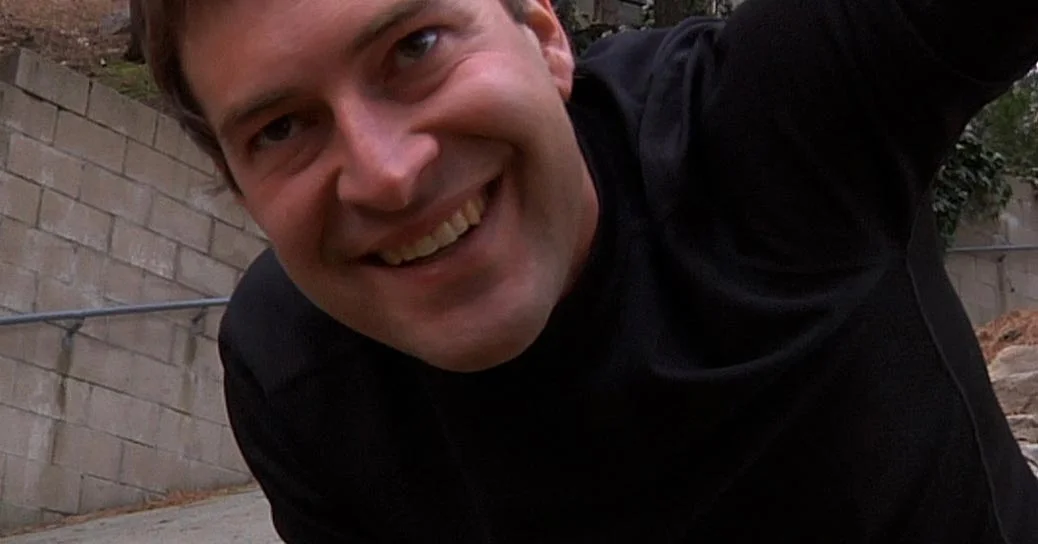Creep: I Wish I Was Special
When the 2010 film Catfish was released, there was much tongue wagging as to whether or not the film was a staged work of fiction masquerading as a documentary. Much like The Blair Witch Project, however, the near unbearable tension experienced when watching Catfish was completely undeniable. How could such a seemingly banal topic – meeting someone in real life after knowing them exclusively through social media – generate such suspense?
The tropes frequently associated with horror - creepy music, explicit gore, creature effects, and supernatural entities - are completely absent in Catfish, which relies on hand-held camera work instead of artfully framed shots intended to increase the scary atmosphere. Arriving at a time when found footage horror films were gaining popularity, Catfish is a bit of an anomaly, flirting with both without ever fully committing to either. That refusal to capitulate to genre is why it works.
Fast forward a few years and even found footage fans are sick of found footage. Much like the slasher film, it has started to feel like lazy filmmaking. What was once an innovative way to frighten people, seems to have become an overused device that forgoes interesting narratives and character development in favor of a subgenre that relies mostly on CGI and jump scares. Enter Mark Duplass’s film Creep.
Much like Catfish, Creep seems normal yet somehow completely abnormal. Aaron is looking for videographer work and answers a Craigslist ad placed by someone calling himself Joseph. Immediately, our suspicions are raised when Joseph doesn’t answer the door and Aaron has to wait in his car. Then, suddenly, there’s Joseph, banging on the window and acting just a little bit weird.
Things get weirder in Creep, but by such small increments that it’s difficult to place your finger on just what doesn’t seem right about this scenario; by the time it’s gotten supremely weird, you’ve already been sucked in. If it was happening to you, it would be challenging to try and explain to an outsider what didn’t feel quite right. That’s precisely what makes Creep work so beautifully. How can one categorize a hunch? Everything can be easily rationalized and explained because after all, just because someone has a peculiar sense of humor doesn’t make them a monster.
In a way, Creep feels almost like a date rape. Nothing violent is explicitly threatened or even suggested, but the fear of what might happen if you refuse looms large in the background. This is another factor that propels Creep into greatness. If this were a movie about a romantic setup, such as the one in Catfish, our antenna would immediately ping, especially if it was a female videographer and a male client. Despite the premise of Joseph’s need to capture himself on video – his wife is pregnant with their unborn child and he has a terminal illness – there is still a homoerotic undertone to Creep that is, like everything else, omnipresent, yet impossible to pin down.
Or is it homoerotic? What’s wrong with a man taking a bath in front of a man he’s just met? What is wrong with wanting to hug your fellow male friend after continuing to place him in scary situations? What’s wrong with putting on a werewolf mask and preventing your fellow male friend from leaving your home?
Again, it’s all very unsettling, but not exactly something you could report to the police with any sort of credibility. And, in a clever upending of something often associated with date rape, it’s not Joseph who spikes a drink with sedatives.
By combining the found footage format with the fear that no one is truly who they say they are, Creep manages not only to give new life to an utterly overplayed stylistic convention, but also lingers in your mind long after the movie’s running time is over.


